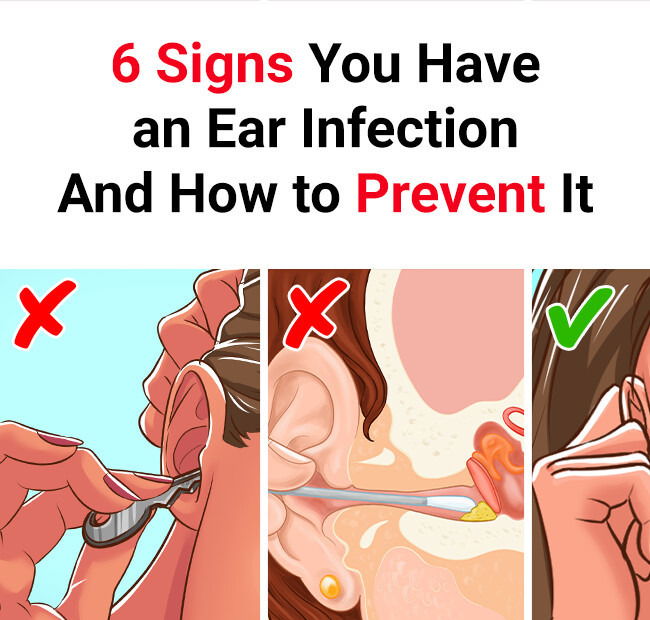
Ear infections are generally associated with children, yet they still affect approximately 20% of adults. This is a common occurrence since adults, like children, are susceptible to bacteria and viruses. Recognizing the symptoms of ear infections early is critical for timely and successful treatment, as these infections can be extremely unpleasant.
1. Discomfort or pain
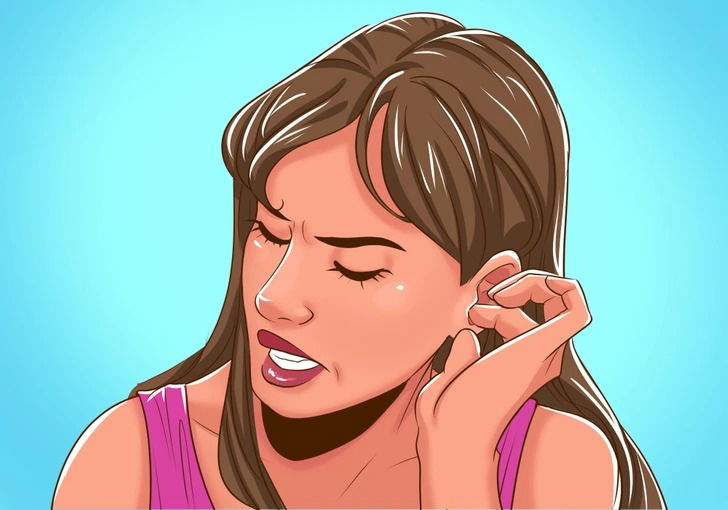
Initially, you may feel a dull aching in your ear, especially after pulling the earlobe or squeezing the tragus. Over time, you may get a sense of fullness within your ear. In more serious cases, the discomfort may spread to your face, neck, or the side of your head.
2. Itchiness
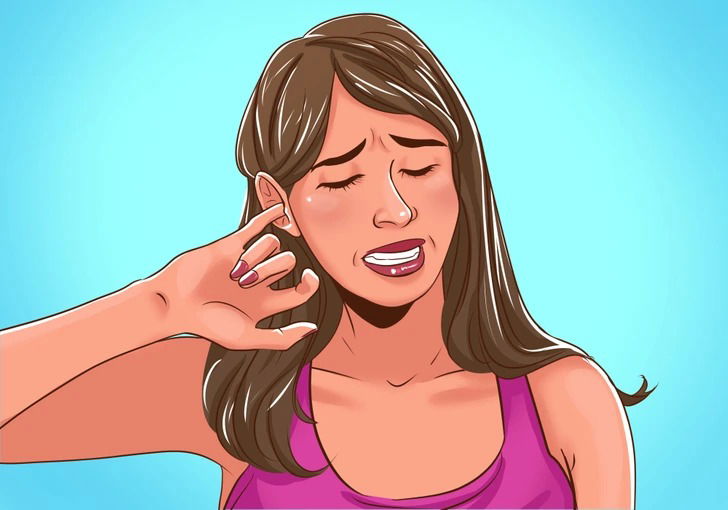
It may start as mild itching in the inner ear canal and eventually worsen if the infection is not addressed.
3. Swollen neck lymph nodes

Neglecting to treat the infection may cause enlarged lymph nodes. This can cause a fever since full obstruction of your ear canal is more likely.
4. Redness on the inside and on the outside of the ear
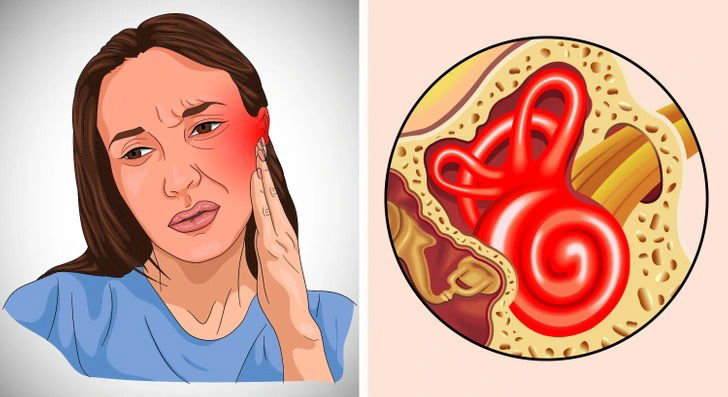
There may be minor redness in the inner ear canal. However, as the infection progresses, the redness may become more apparent, spreading beyond the interior and being visible on the outer skin of the ear as well.
5. Muffled hearing or ringing
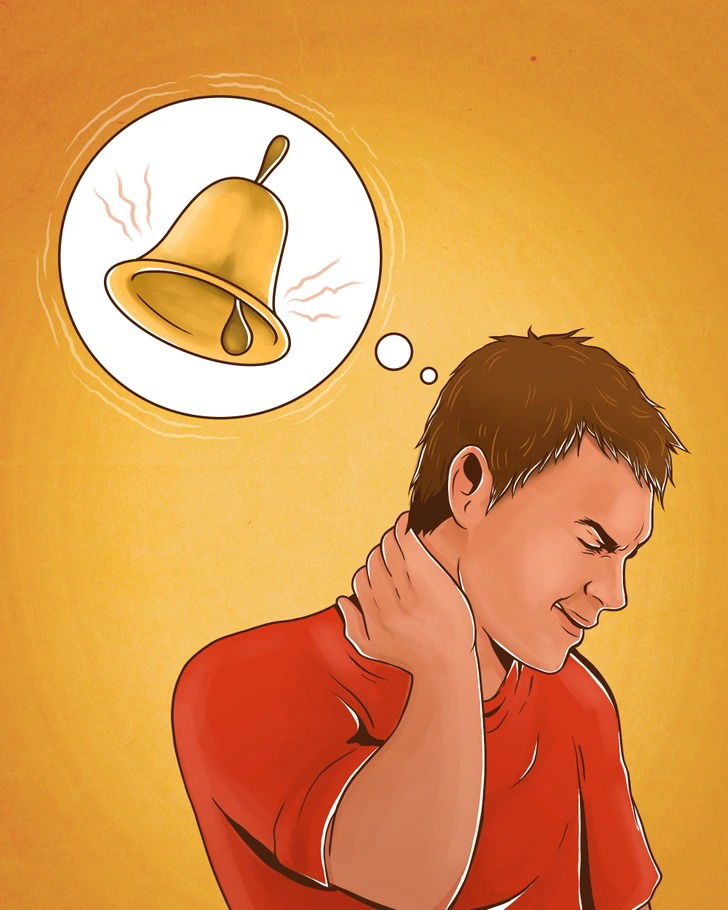
In mild situations, this symptom may not be present, but in more severe cases, your hearing may be compromised. You may notice a decreased capacity to hear or a persistent ringing deep within your ear.
6. Drainage of odorless fluid
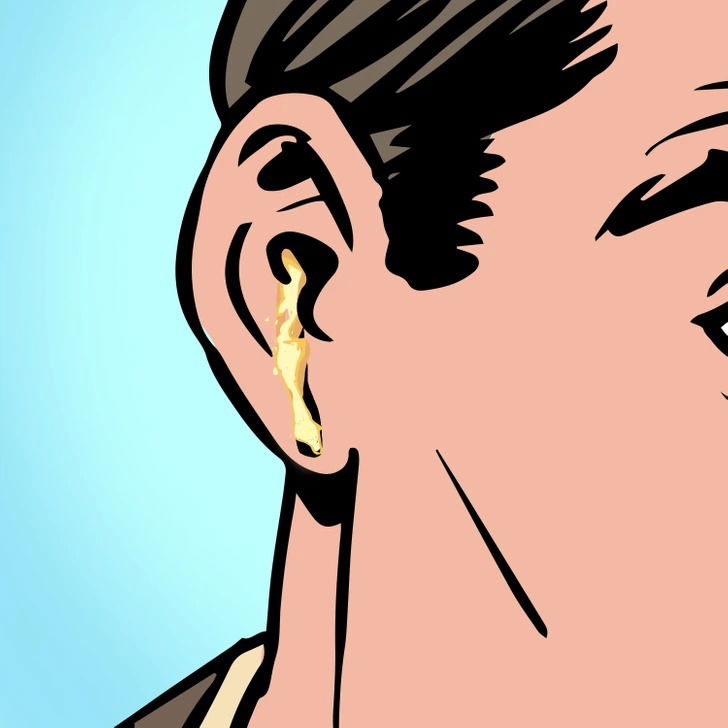
As with other symptoms, the little amount of odorless fluid may progressively rise as the infection progresses. It can grow from a small amount to become excessive over time.
How to prevent ear infections
1. Avoid using cotton swabs or foreign objects.
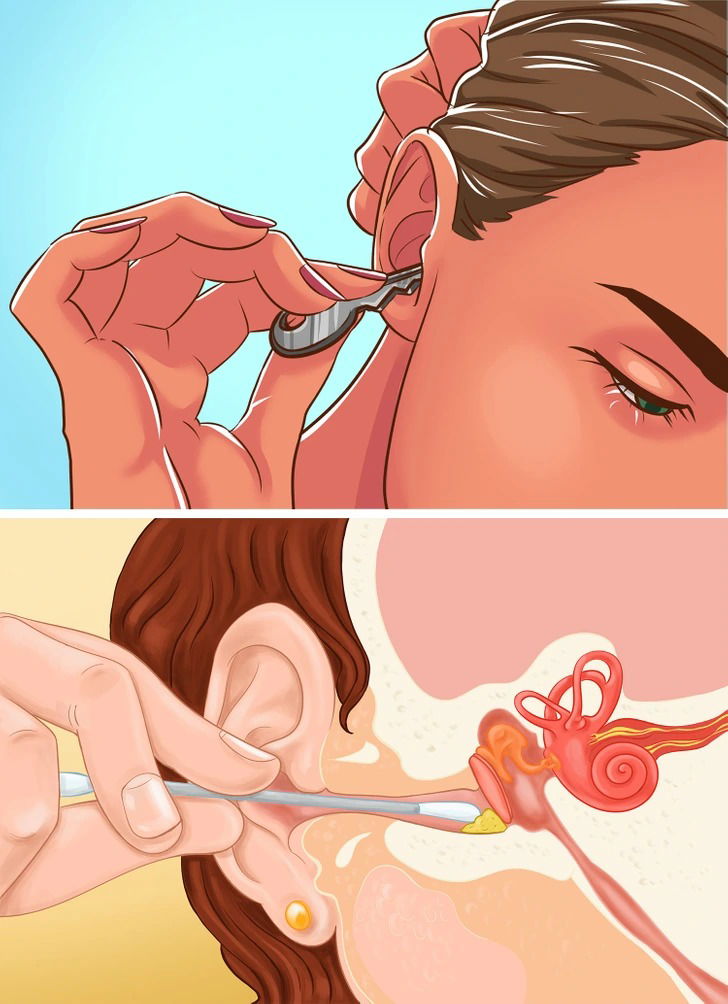
Cotton swabs may appear to be useful for cleaning the ears, but they can instead push earwax deeper, causing irritation. If you encounter any discomfort, you should quit using them. Furthermore, avoiding the use of foreign objects such as keys, hairpins, or paper clips to scrape or clean the ears is critical, since they can push the earwax deeper, causing skin irritation or injury.
2. Use a blow-dryer on its lowest setting to dry your ears.

After being exposed to water, make sure to properly dry your ears by tilting your head and gently rubbing them with a towel. By gently pushing your earlobe in different directions, you can help any trapped water exit safely. If you still have water in your ears after getting home, use a blow-dryer with a low-speed, low-heat setting to help dry them out. Be cautious not to direct wind straight into the ear canal.
3. Consider using a swimming cap or earplugs.

People who are more prone to ear infections may benefit from taking preventative precautions. A swimming cap can help prevent water from entering your ears. If you’re feeling comfortable, try wearing earplugs to protect your ears from water exposure. Seeking guidance from your doctor or healthcare provider on additional preventive measures might be beneficial and suited to your unique requirements.
4. Wash your hands frequently.

Regular handwashing with soap and running water is an excellent strategy to prevent the spread of germs that cause colds and ear infections in both children and adults. To reduce the risk of illness, wash your hands frequently, especially after using the restroom, handling food, before eating, and coughing, sneezing, or blowing your nose.















